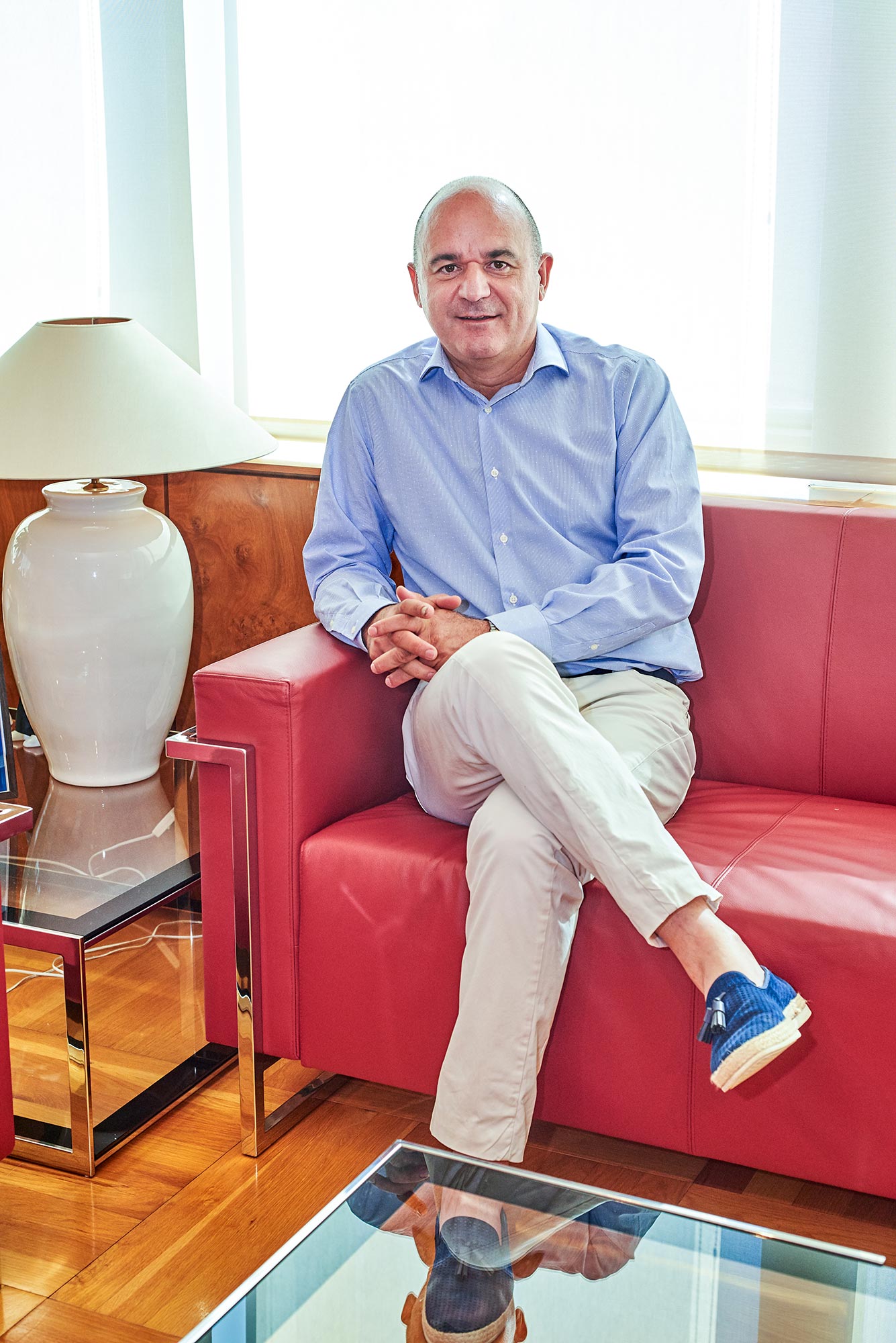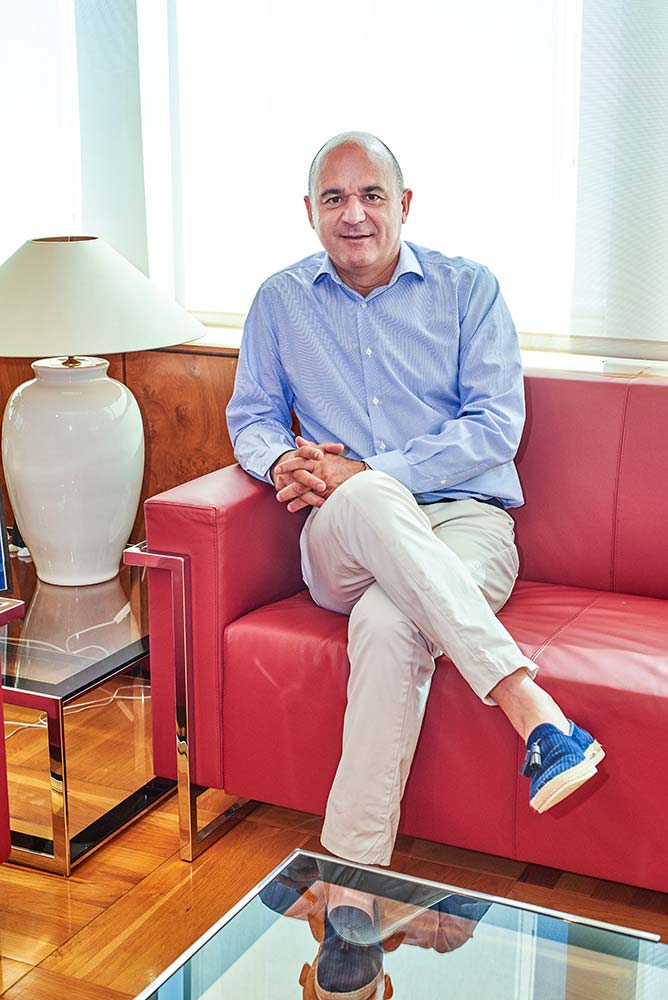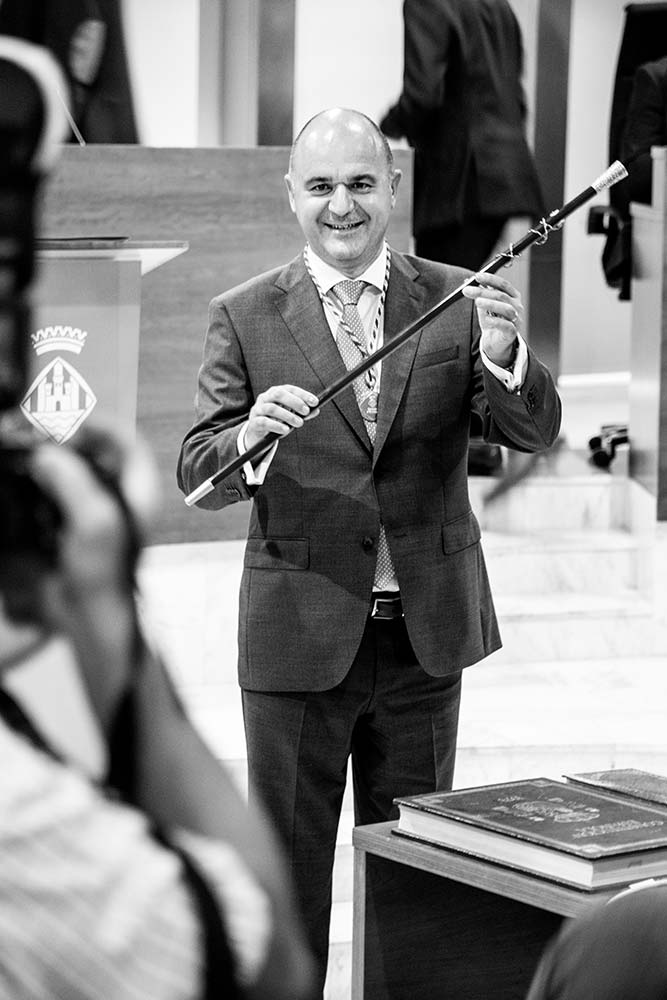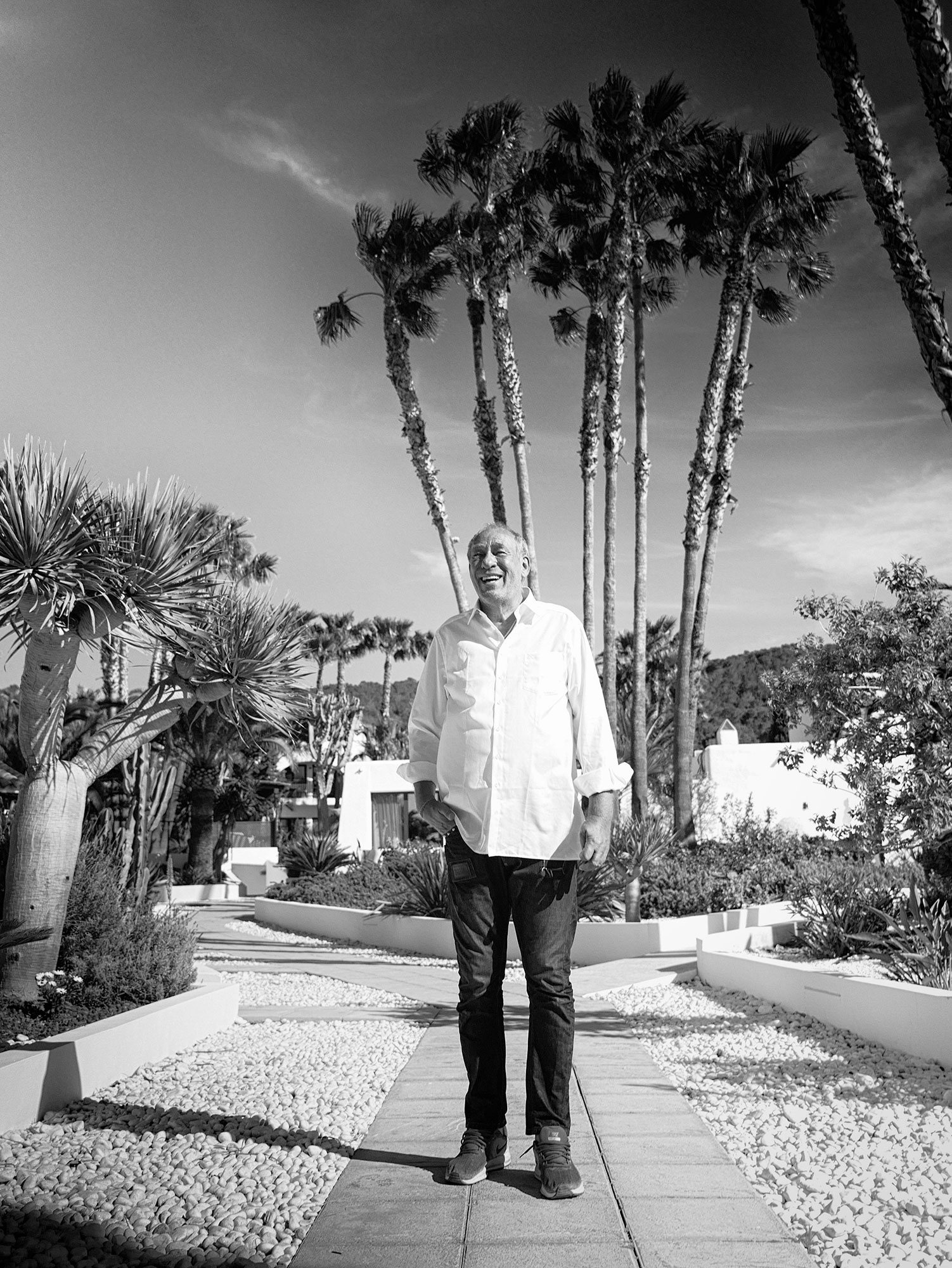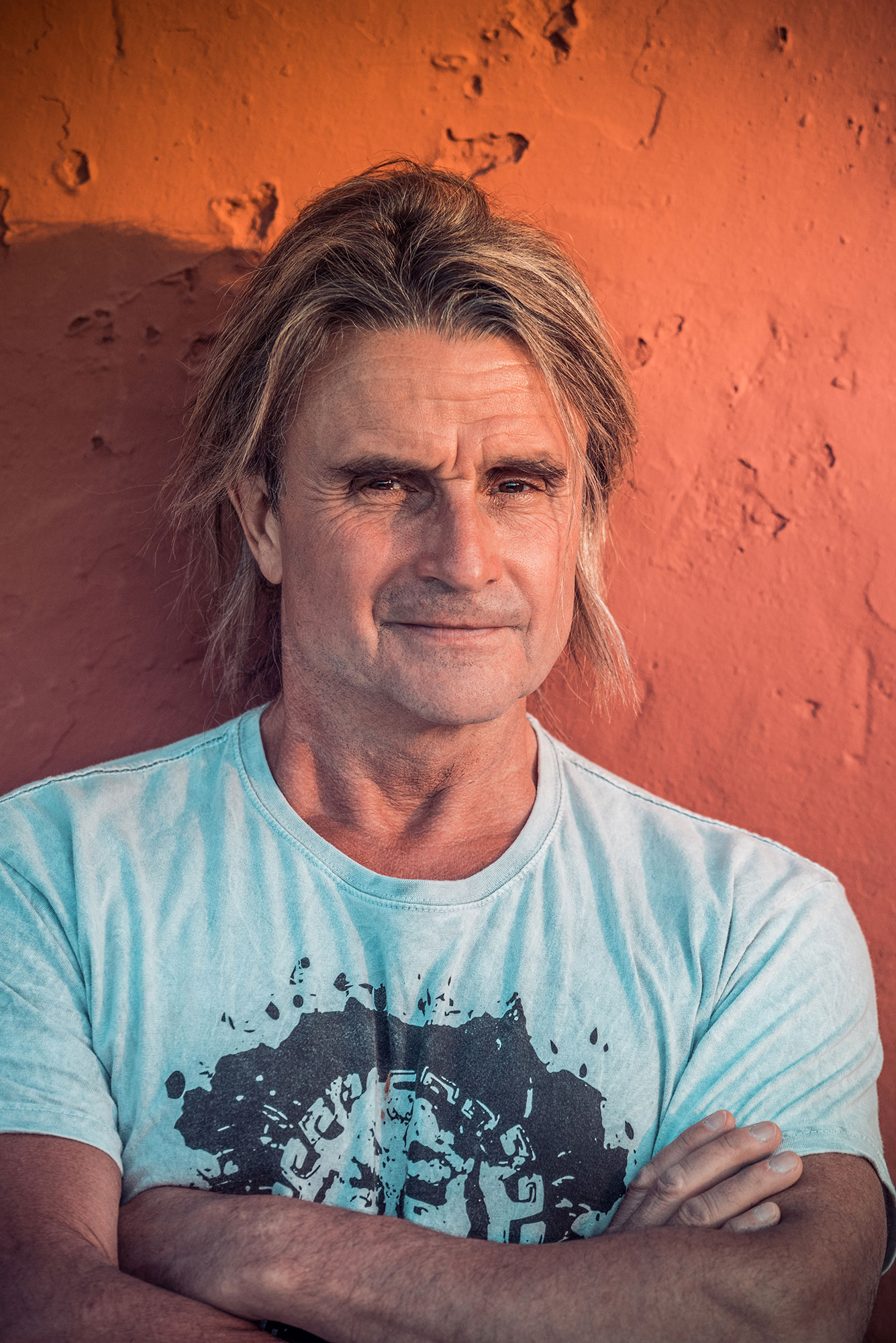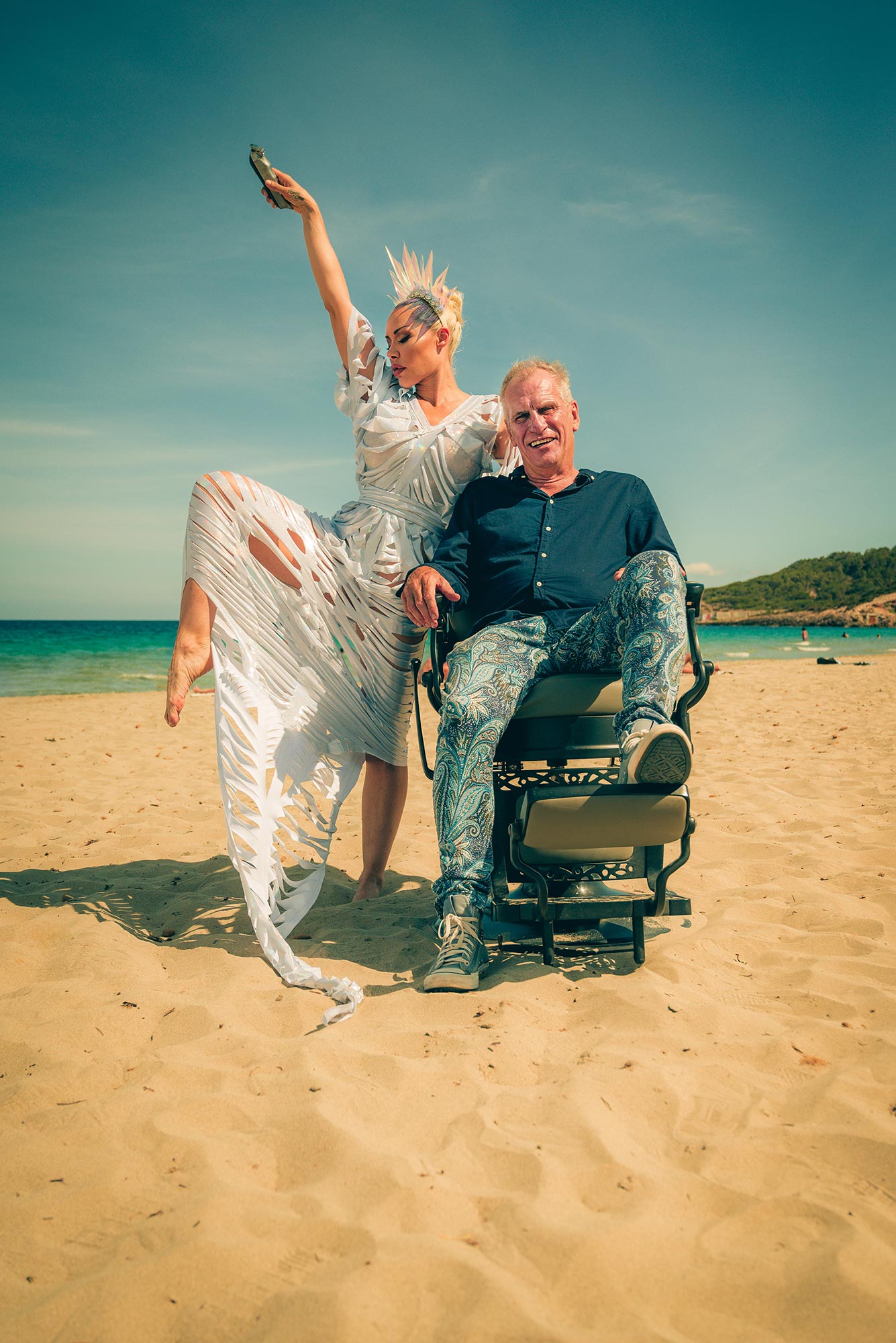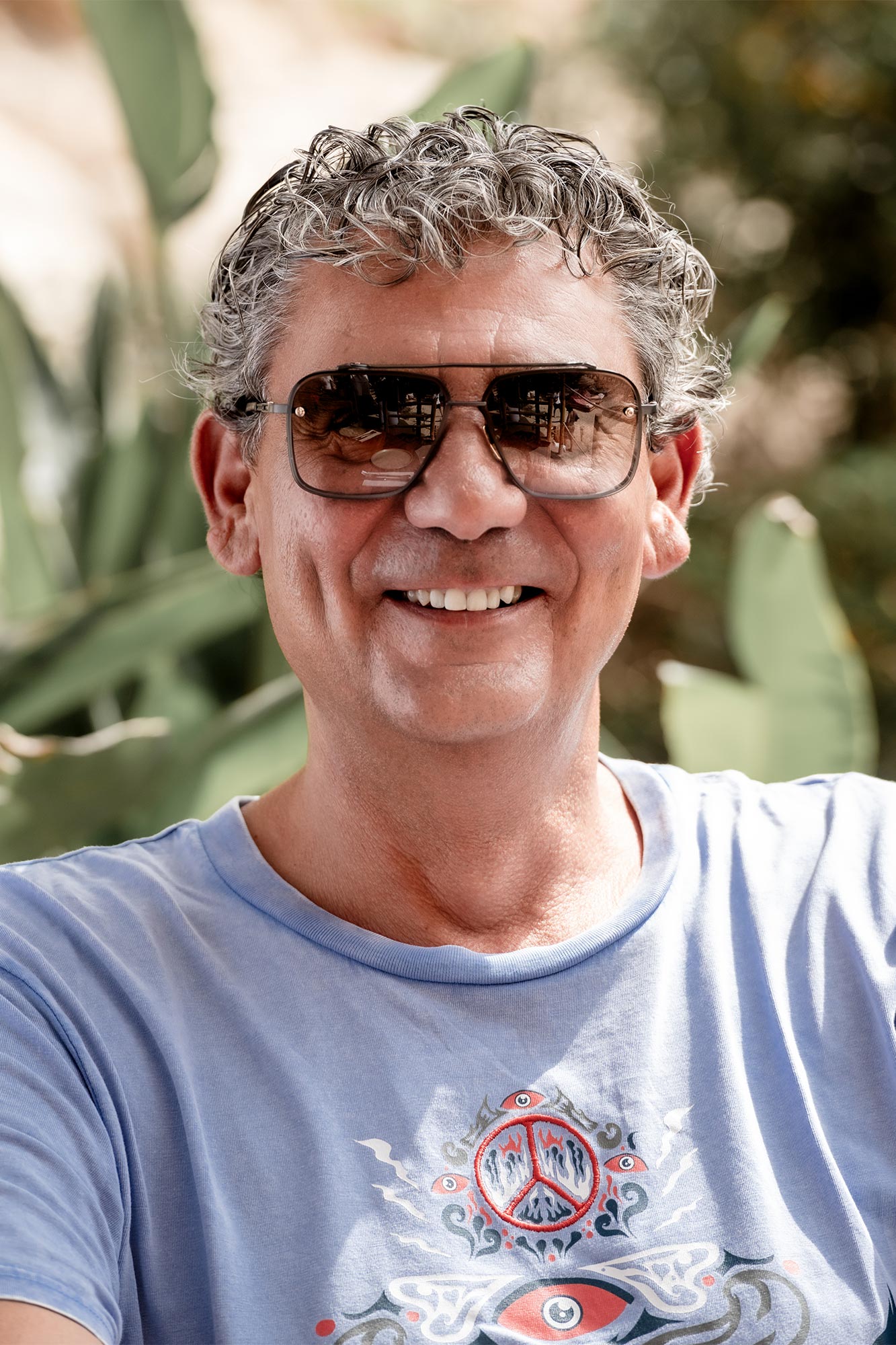“You have been President of the Island Council for barely one week, yet you face big challenges. Could you give us a general summary of the condition in which you found the different departments?”
It is a period of adaptation, of finding out how the Island Council and the different departments work. We have started off by visiting all the departments, getting to know the personnel, and seeing what each department needs. It is also a phase of absorbing information because, before taking decisions, you have to really know how the place works. In my opinion, the staff are very well disposed. I am very optimistic: I believe that the institution has been inactive for the past four years and now is the moment to give it a fresh impulse, a new focus. I am convinced that we are going to transform it into an agile institution which is accessible to citizens and, above all, one that is grassroots-based and in which the local town councils are the main drivers of politics in Ibiza.
“In your inaugural address, you highlighted the importance of tourism for Ibiza. This year, there has been a negative start to the season and prospects do not appear to be very good. Why do you think that is? What measures do you intend to take?”
Over the last few years, we have had very good tourist seasons, partly because of the geo-political problems of our main competitors in the Mediterranean. Fortunately, these years of plenty, as well as the 2012 Tourism Law, have made it possible to carry out large-scale reforms and modernise hotels that, in many cases, were obsolete and fairly low quality. This gives us an assurance going forward and, even though the numbers are down, I remain optimistic. We have to boost the way we promote it, improve services and solve the serious problem that we have with the lack of housing, which affects the quality of service because it means that the people who come here to work are unable to find decent housing. A great deal needs to be done in this area.
“Do you believe that the high prices in Ibiza (along with service that is often inadequate) may be one of the main reasons for the drop in tourism?”
Ibiza is a brand that is known all over the world and we have to provide the quality that is expected at a reasonable price: there has to be a good price-quality ratio. The worst advertising is when a tourist leaves disappointed, which is why we have to improve the service and that is why we need good professionals who can live in decent conditions. It is also important to create a catering school, a project that was already underway under the previous Island Council and which we are going to see through in this term of office.
“Indeed, in addition to the low number of tourists this season, hotels and restaurants are being affected by the serious problem of the lack of staff, mainly because of the high cost of living and the high cost of rentals…”
Going forward, a great deal needs to be done to ensure that there is housing at a reasonable price. The first thing is to fight fraud and to ensure that residential housing is not being used for tourism. That is why we are going to create the Anti-Fraud Office, so that that kind of housing returns to the residential market, as well as giving guarantees to the owners who rent such as tax benefits and judicial support to get their properties back in the same, or better, conditions than when they were handed over. All the local authorities have to work hand-in-hand in this. Furthermore, in the medium and long-term, what is needed is to build housing at an accessible price; social housing for rent so that housing becomes a basic asset and not a luxury.
“The situation of housing in general constitutes a very serious problem. There are approximately 2,000 requests for building licences that have already been paid for and that are waiting in offices practically unprocessed. Finished buildings that have to wait more than a year for the certificate of habitability. What do you plan to do about this?”
Evidently, bureaucracy is a serious problem. What we cannot allow is for there to be finished buildings that cannot be used because the local authority is too slow in giving them certificates of habitability. We have to streamline things; it is absurd that it takes six months or one year or more to be able to use houses that have already been built – this makes the problem even worse. One of the options would be to do away with the certificates of habitability. We are going to see you which approach is best, but we are going to streamline it as much as possible and we hope to resolve this problem in a few months.
Sometimes, I ask myself what there are more of in Ibiza: offices of all kinds or such serious problems as water and wastewater, environmental protection (rubbish and plastic), cleaning, safety and traffic (especially the area around Jesús and Cana Negreta), etc. Do you think that you are going to manage to change anything?
I am going to do my utmost to do so. You have identified the main problems that the island has, and they need to be solved one after the other. When it comes to water, we have to work on managing the complete water cycle from Ibiza: treatment plants, desalination plants and interconnection networks. That is why we are going to create the Ibiza Water Agency, so that these basic infrastructures are closely supervised. We cannot depend on Mallorca, because the solutions take too long to get here. As regards the ITV (MOT), in the beginning, we are going to set up two mobile vehicle inspection units, but a new one will also have to be built. Alternatively, we could change the law so that it is possible to issue administrative franchises in order to set up private ITVs to unblock this situation. The roads are another paramount question: many are in very bad condition. They need to be re-asphalted and equipped with safety measures. We have to speed up works on the road to Santa Eulalia; the works have gone on for a year and just 25% of them have been completed. Right now, the traffic flow is chaotic. It must be finished by next season. Another thing that has to be implemented is a decent public transport network for the entire island, one with better and more frequent buses that takes the pressure off the traffic that exists. What is more, there is the pressure created by rental cars in summer; a plague of entire fleets of vehicles that come to Ibiza and are here during the high season after which they disappear without paying taxes on the island. We have to take control of these issues. Anyone who comes here to do business has to contribute to the improvement of the infrastructure because the one we have cannot put up with such pressure.
The Island Council is the island’s highest institution, but the decisions are taken in meetings in the local town councils. Do you believe that you can improve the cooperation among the different local authorities so that these greater objectives can be achieved?
This is going to be the legislature of the town halls, we are going to strengthen municipal cooperation. It is the mayors who are the ones managing the island and who are closest to the citizens. The Island Council has to be on their side, working with them and not complicating day-to-day management. I come from the world of town halls, I am a grassroots politician and I believe that the Island Council has to be another town hall, similar to what they do in Formentera.
Your successful management over the course of the 12 years you spent as Mayor of Santa Eulalia is proof of what you can do. We hope that you are equally successful with managing the Island Council and wish you good luck with the big challenges that await you and the numerous problems to solve on the island.
Many thanks. We are going to do our utmost to bring about changes in the way the Island Council works. If we manage to focus on the problems that the island has and solve some of them, we will be taking a very important step. We want people in Ibiza to see that they possess an Island Council that is there to serve them, there to solve problems and not to create them.
Interviewer: Jürgen Bushe
